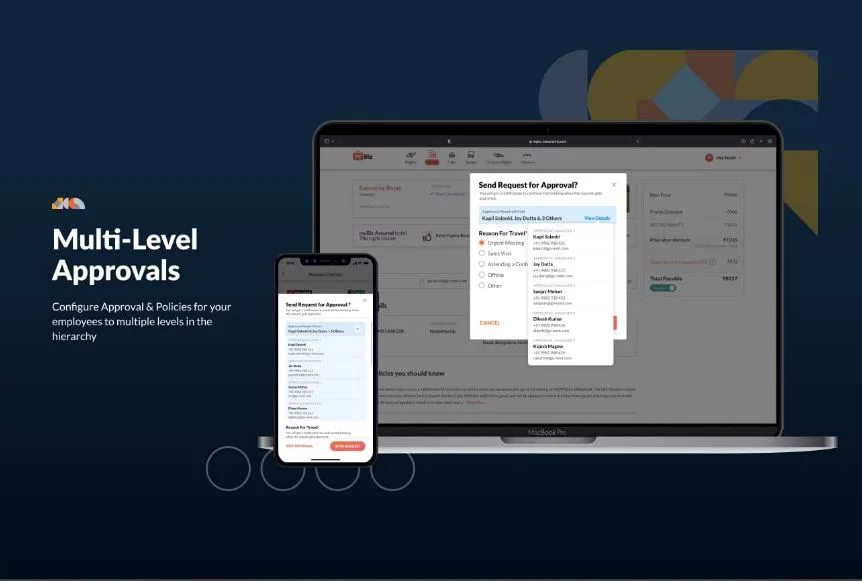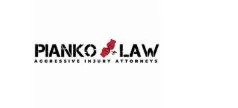Smarter Ways to Simplify Business Travel with Technology
Business travel has become an integral part of how organisations grow, connect, and expand in today’s global marketplace. Whether it is attending client meetings, industry conferences, or cross-regional collaborations, travelling efficiently can significantly influence productivity. Yet, despite its importance, many companies struggle to keep travel organised, leading to wasted time, higher costs, and unnecessary stress for employees. This is where structured processes and technology play a key role.
Interestingly, studies show that unmanaged business travel can inflate costs by nearly 20–30% compared to managed travel programmes.
These additional expenses arise from last-minute bookings, lack of fare negotiations, and poor policy compliance. With rising competition and tighter budgets, companies cannot afford to ignore the need for better systems to handle travel-related arrangements. A streamlined process can save both time and money, while also improving employee satisfaction.
Modern solutions are designed to meet these challenges head-on. Features such as policy mapping and approval, GST reconciliation, automated dashboards, and seamless integrations with payroll and HR systems provide organisations with the clarity and control they require. These smart features also reduce manual workload, minimise errors, and ensure transparency across the board, giving decision-makers access to real-time insights.
In this blog, we will explore how organisations can benefit from structured trip management systems, why technology is essential for better oversight, and how the right platform ensures cost control, compliance, and convenience. From planning and booking to reporting and analysis, each aspect of corporate travel has something valuable to offer when managed properly.
The Importance of Effective Trip Management
Business travel is no longer just about getting from one place to another; it is about ensuring efficiency, compliance, and value. Let’s explore six important aspects that highlight why structured travel management is indispensable for modern organisations.
1. Cost Control through Better Planning
One of the strongest reasons for organisations to focus on structured travel management is cost efficiency. Advanced platforms help companies compare multiple travel options, access negotiated fares, and avoid unnecessary last-minute costs.
By monitoring expenses at every stage, companies not only save money but also gain financial predictability. This ensures that travel budgets are utilised in the most effective way.
2. Policy Compliance and Approvals
Adhering to internal travel policies can be a challenge, especially when employees book independently. With structured systems, policies can be mapped directly into the booking process.
Employees are automatically guided to follow rules regarding fares, travel classes, and preferred suppliers, reducing the risk of overspending or non-compliance.
This structured approval process helps maintain uniformity and fairness across the organisation.
3. Employee-Friendly, Tech-driven Experience
Corporate travel can often feel overwhelming, but automated processes change that.
From onboarding new employees into the system to offering easy booking interfaces, everything becomes easier with a tech-driven flow. Employees benefit from reduced administrative stress, allowing them to focus on the purpose of their trip rather than worrying about logistics.
In turn, organisations enjoy higher productivity and better employee satisfaction.
4. Data-driven Decisions
One of the greatest advantages of modern travel management software is access to real-time data and analytics.
Dashboards and automated reports highlight trends, frequent routes, preferred vendors, and overall spend. This empowers companies to make informed decisions, negotiate better deals with suppliers, and forecast budgets more accurately. Data turns travel management from a reactive process into a strategic advantage.
5. Enhanced Flexibility and Transparency
Travel needs can change unexpectedly. Platforms designed with flexibility in mind allow employees to adjust bookings, reschedule, or even cancel trips without incurring excessive penalties.
This not only creates peace of mind for employees but also demonstrates the organisation’s adaptability. Transparent records ensure that all stakeholders are on the same page, preventing confusion or miscommunication.
6. Building Long-term Business Efficiency
Beyond cost savings and convenience, structured travel management helps create a culture of efficiency. With every detail recorded and every policy enforced, companies gain long-term clarity and control.
This consistency builds a solid foundation for sustainable travel planning, ensuring that the organisation is always prepared to meet new challenges while supporting employee well-being.
In Conclusion
In today’s competitive business environment, travel cannot be left unmanaged or handled in a disorganised way. Structured systems not only reduce costs but also create smoother, more enjoyable travel experiences for employees. By combining cost control, compliance, transparency, and real-time insights, organisations gain both financial and operational benefits. With the right approach to trip management, companies can achieve efficiency, save valuable resources, and build stronger, more reliable frameworks for future growth.






